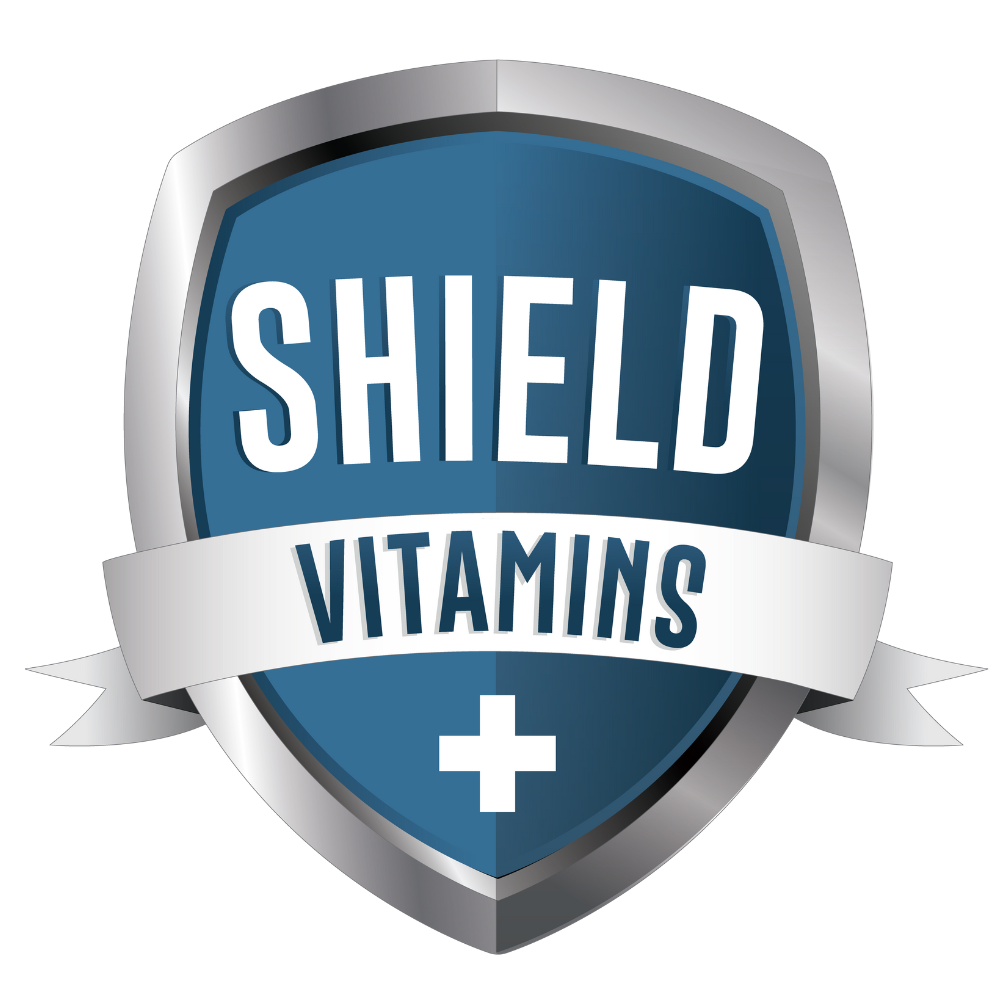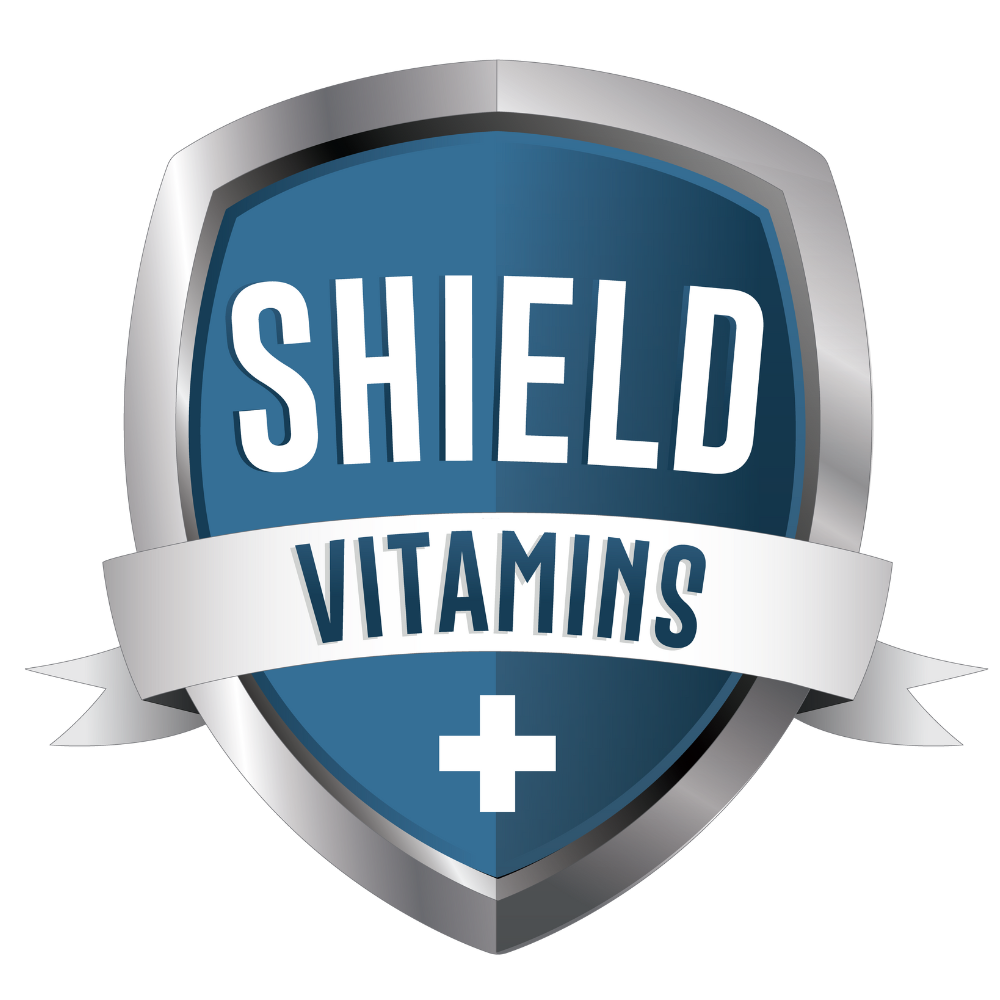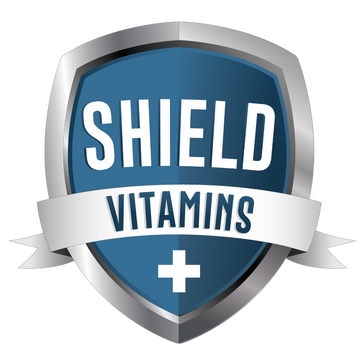It’s no secret that once you hit 30, your body starts to change dramatically. One day you’re preparing to get dressed at 10pm to go out. Next, you’re tweaking your back getting out of bed. Aging is a blessing that comes with its own set of challenges, one being the need for special attention to our dietary habits.
Nutrition continues to play a crucial role in our well-being, even more so as we age. In this blog, explore how a well-rounded diet can contribute significantly to your health and vitality.
The Shifting Nutritional Needs of Older Adults
As people age, their metabolism tends to slow down. This is primarily because of the natural loss of muscle that occurs with aging, as well as the tendency for physical activity to decrease. Muscle burns more calories than fat, so when muscle mass decreases, the number of calories your body burns at rest (also known as your basal metabolic rate) also decreases. This can lead to weight gain if you don't adjust your eating habits accordingly.
Another factor is the aging of internal components. For instance, human growth hormone (HGH), which helps build muscle tissue, naturally decreases as you age. This leads to less calorie-burning muscle tissue being produced.
However, recent research has challenged the common belief that metabolism slows significantly during adulthood. A study published in Science suggests that metabolism remains relatively stable until around age 60, and the rate of decline after that is gradual, only about 0.7% per year (Duke University).
This suggests that while metabolism does slow with age, the process may not be as dramatic or as early onset as previously thought. It underscores the importance of maintaining a healthy lifestyle, including regular physical activity and a balanced diet, as we age.
Managing and Preventing Deficiencies
Nutrient deficiencies can be more common as you age, but they're not an inevitable part of getting older. Older adults are at risk for several nutrient deficiencies due to various factors, which can include decreased food intake, changes in the body's ability to absorb nutrients, and certain medications. Two of the most common deficiencies among older adults are Vitamin D and B12.
Vitamin D Deficiency
This is a common issue among seniors, often due to decreased sunlight exposure. Vitamin D is crucial for bone health because it helps the body absorb calcium. Insufficient vitamin D can lead to bone loss, osteoporosis, and an increased risk of fractures.
To combat this deficiency, older adults should try to get some sunlight exposure each day (while protecting their skin), consume foods rich in vitamin D like fatty fish and fortified dairy products, or consider taking a vitamin D supplement after consulting with a healthcare provider (Everdays).
Vitamin B12 Deficiency
This is another common deficiency in the elderly, often due to decreased gastric acid production, which hampers the body's ability to absorb vitamin B12 from food. This vitamin is essential for nerve function and the production of red blood cells.
A vitamin B12 deficiency can lead to anemia, nerve damage, and cognitive impairment. Older adults can prevent this deficiency by consuming foods rich in B12 like meat, fish, eggs, and fortified cereals. In some cases, B12 supplements or injections may be necessary (U.S. Pharmacist).
The Intersection of Nutrition and Chronic Conditions
Diet plays a crucial role in the prevention and management of various health conditions including heart disease, diabetes, and osteoporosis. Proper nutrition is instrumental in managing and preventing various chronic diseases that are commonly associated with aging.
Heart Disease
High intake of saturated fats, trans fats, and cholesterol can raise blood cholesterol levels, contributing to plaque build-up in the arteries, which can lead to coronary heart disease. A diet rich in fruits, vegetables, whole grains, and lean proteins can help protect against heart disease. The Mediterranean-style diet, which emphasizes these healthy foods and includes moderate amounts of healthy fats like olive oil, has been shown to reduce coronary heart disease (American Heart Association).
Diabetes
Diet is a key factor in managing blood glucose levels and preventing complications in people with diabetes. Consuming a balanced diet with controlled portions of carbohydrates can help maintain stable blood sugar levels. Regular consumption of fiber-rich foods can also improve glycemic control. Moreover, maintaining a healthy weight through diet and exercise can help prevent the development of type 2 diabetes (Mayo Clinic).
Osteoporosis
Calcium and Vitamin D are essential for bone health. A deficiency in either nutrient can lead to bone loss and an increased risk of fractures. Dairy products, leafy green vegetables, and fortified foods are excellent sources of calcium, while sunlight exposure and certain foods like fatty fish can provide Vitamin D (The Journal of Nutrition).
Healthy Dietary Choices for Aging Well
Maintaining a healthy diet is an integral part of aging well. From maintaining a healthy weight to adapting to changes in taste or appetite, there are many dietary considerations unique to older adults. As we age, our nutritional needs change, and adapting to these changes can help improve health outcomes. Here are some key considerations:
- Maintaining Healthy Weight: As you age, it's important to adjust caloric intake accordingly to avoid weight gain. Consuming nutrient-dense foods that are low in calories but high in vitamins and minerals, such as fruits and vegetables, can help maintain a healthy weight.
- Adapting to Changes in Taste: Aging can affect the sense of taste and smell, which can impact appetite and enjoyment of food. Adding herbs and spices to meals can enhance flavor without adding sodium. Staying hydrated can also aid in maintaining taste sensation.
- Adequate Protein Intake: Protein is crucial for maintaining muscle mass. Seafood, dairy or fortified soy alternatives, beans, peas, and lentils are excellent sources of protein.
- Consuming Sufficient Fiber and Fluids: Fiber aids digestion and can prevent constipation, a common issue among older adults. Whole grains, fruits, and vegetables are high in fiber. Alongside this, drinking plenty of fluids is essential for hydration and aiding digestion.
- Nutrient-Rich Foods: Consuming a variety of nutrient-rich foods such as fruits, vegetables, whole grains, and legumes can provide the necessary vitamins and minerals needed for optimal health. Brightly colored fruits and vegetables often have high nutrient content.
- Limiting Processed Foods: Processed foods tend to be high in sodium, added sugars, and unhealthy fats. Limiting these can improve overall diet quality and reduce the risk of chronic diseases like heart disease and diabetes.
Concluding Thoughts on Quality of Life and Longevity
The sum of our dietary choices can lead to a higher quality of life and increased longevity. Adopting a healthy diet can serve as a powerful tool in preventing and managing health conditions associated with aging. However, individual dietary needs may vary, so it's always best to consult with a healthcare provider or a registered dietitian for personalized advice.
As we age, it becomes more beneficial to incorporate vitamins into your diet. to Invest in your health and longevity by considering Shield Vitamins. With our Vitamin D3 and Vitamin C gummies, not only do you provide your body with essential nutrients, but you also enjoy the great taste.







